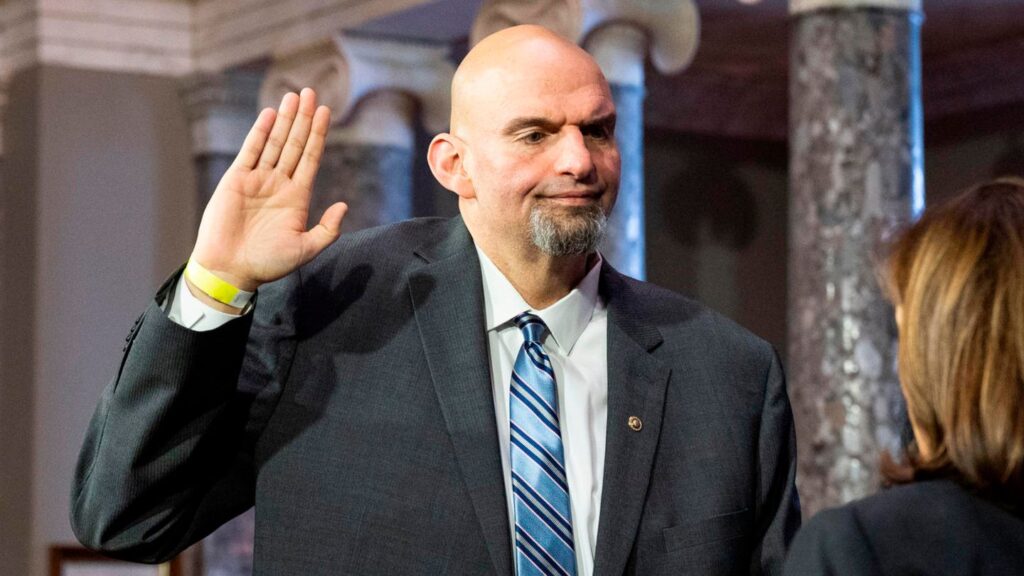
The field trip I organized last Saturday to visit artist Amanda Filippelli’s public art installation, The Remembering Room had fewer participants than expected. The exhibit space was designed by the artist as a way of honoring and grieving the loss of her father a couple of years ago. It was described as “a communal healing space for people to process feelings of grief, experience growth, and find connections.” Several people backed out because high winds were threatening some areas of the city, and then there was the comment from one woman who changed her mind at the last minute, “It seems like it’s gonna be too depressing.” There it is again, I thought. People so often confuse grief with depression.
Part of what has confused people is what I’ve come to call, the “stair step” model of Kubler-Ross, that has been continuingly replicated since she introduced it in her 1969 book, On Death and Dying. Initially illustrated as 5 ascending steps, each with a feeling: denial, anger, bargaining, depression, and on the top step, acceptance. She labeled this the five “stages” of grief, the parentheses indicating that she did not see these as ordered stages, though little attention has been paid to that detail. In my presentations I often draw a line through the word “depression” and replace it with the word “sorrow,” which is missing entirely from this list and to me, defines what grieving is–the experiencing and honoring of sorrow.
Both grief and depression involve changes in the brain that can cause feelings of sadness, exhaustion, angry outbursts, and sleep disturbances, (too much or too little), can occur in either situation. But in depression, a person often experiences a lack of feelings, an indifference to life, and little to no interest in what they normally would find enjoyable or pleasant. Both share the stigma, shame, and negative judgements our culture is quick to dispense to those who can’t seem to just be happy and move on when life hands them a difficult challenge.
It’s not that you can’t have depression when you are grieving, or experience grief when you are depressed but grieving well may prevent the downward spiral that can bring on an episode of the brain disease, called major depression. As I was thinking about this issue Saturday and how to differentiate these two conditions, CBS Sunday Morning, one of my favorite shows provided the most articulate example of both, and how they can interact.
The journalist, Jane Pauley was interviewing Pennsylvania’s newest senator John Fetterman who was just being release from the hospital after 6 weeks of treatment for major depression. He admitted that this was the first time in his life where his depression, which he had struggled with for years, was in remission.
As a resident of Pennsylvania, I was aware of the back story of how Fetterman had gone from resurrecting Braddock, a depressed steel town near Pittsburgh when he served as its mayor, to statewide office as Pennsylvania’s Lieutenant Governor, to becoming a candidate for Senator. Last May, a few weeks after winning the nomination Fetterman experienced a stroke at 51 years of age that left him with an auditory processing disability that required him to use a closed captioning device to debate his opponent. Despite the debate not going well for him, he won the state senate seat. In the candid and intimate conversation, he revealed that after the race he could not get out of bed. “I wasn’t thinking of self-harm,” he said, but more indifferent to life. His 14-year-old son reminded him that he had them, and “we won!” Though it was true it did not match how he felt.
It turns out 1 in 3 stroke victims experience major depression. Eight minutes into the video, Fetterman’s facial expression changes showing the sorrow he feels that the day in went into the hospital interrupted the celebration of his son’s 14th birthday. “I hope that for the rest of his life, his birthday won’t remind him of his Dad’s going into the hospital. Jane skillfully reframes this for him, reminding him that that was the day that his renewal began. “That’s a good way to look at it,” he says. When Jane asks about his long range political aspirations he pivots to aspiring to “take my son to the restaurant we couldn’t go to, and adds “to be the kind of father, husband, and senator that the people of Pennsylvania deserve.”
Experience the difference for yourself. Watch John Fetterman’s interview https://www.cbsnews.com/video/sen-john-fetterman-discusses-his-depression-recovery/#x

